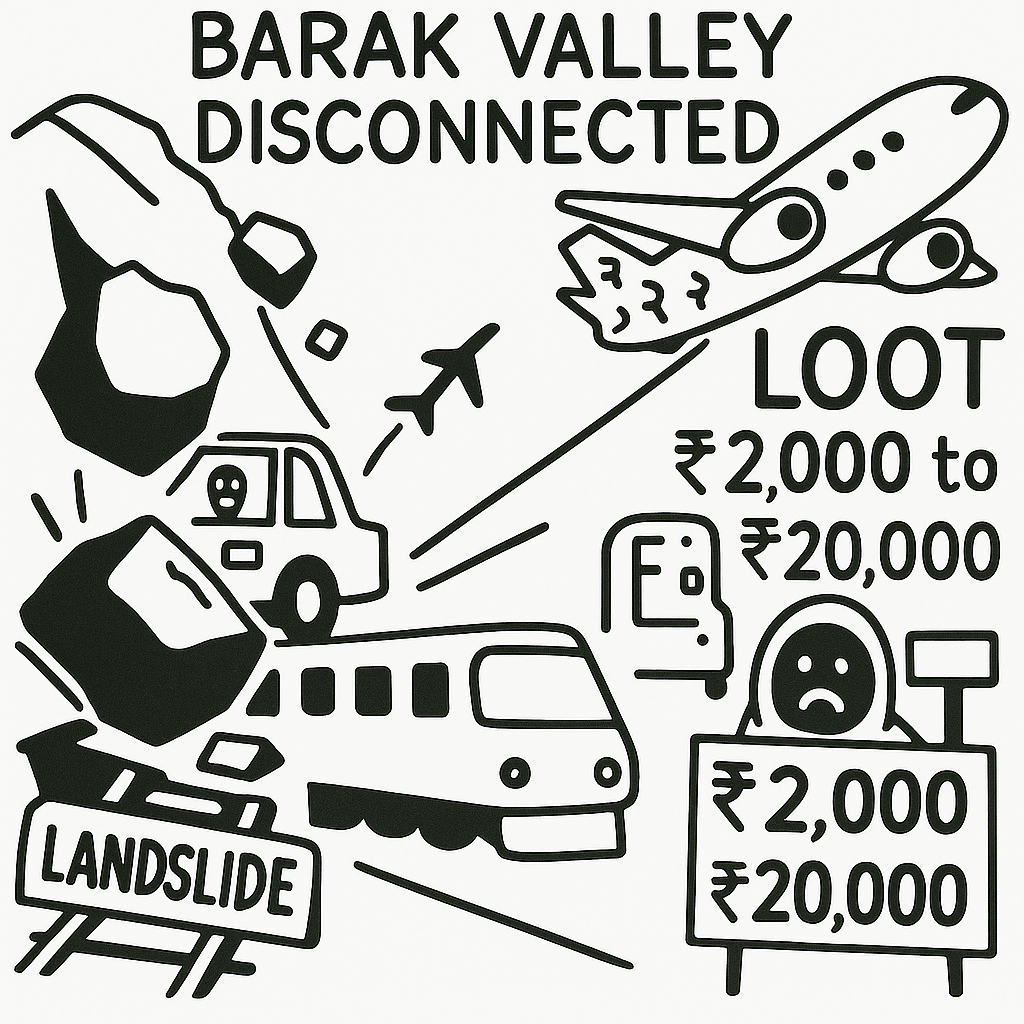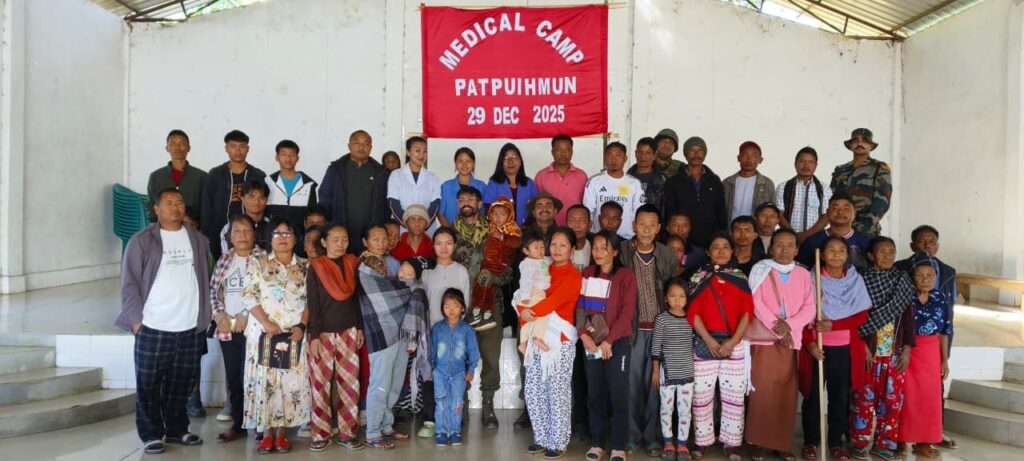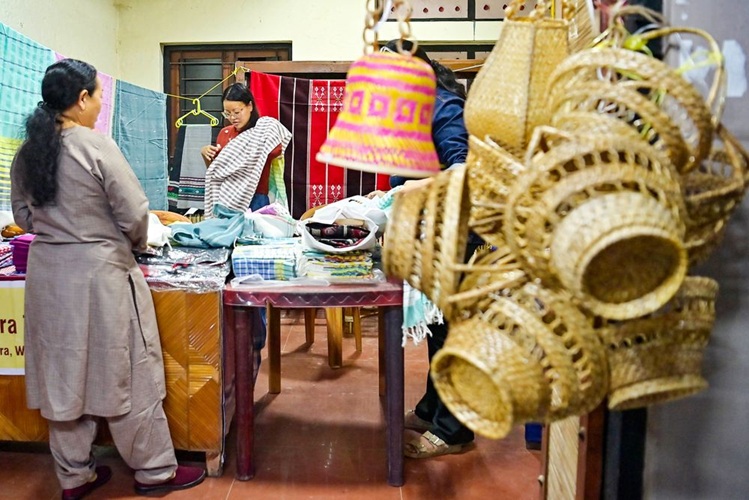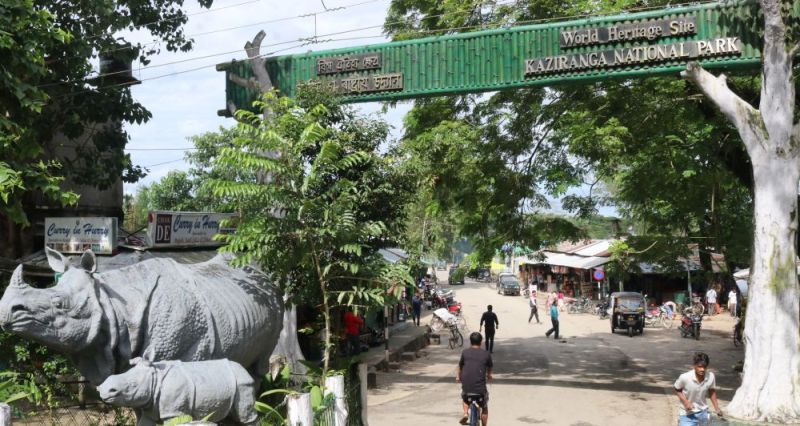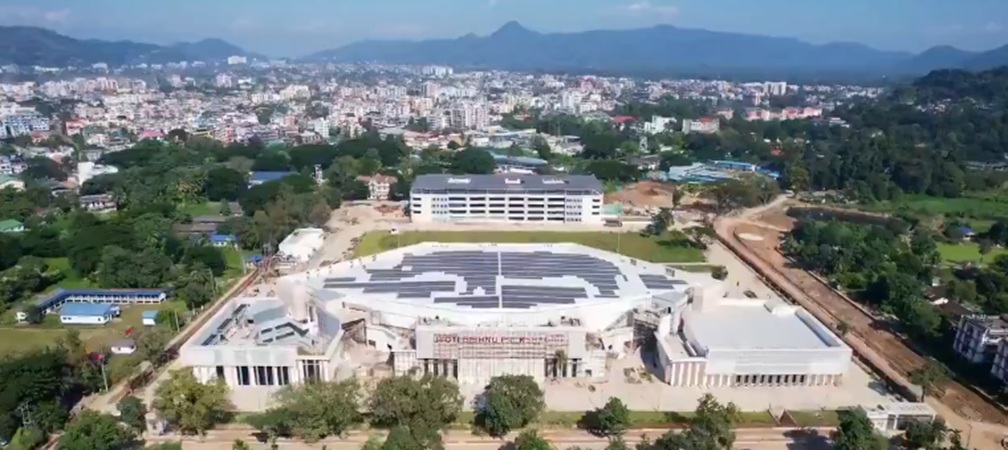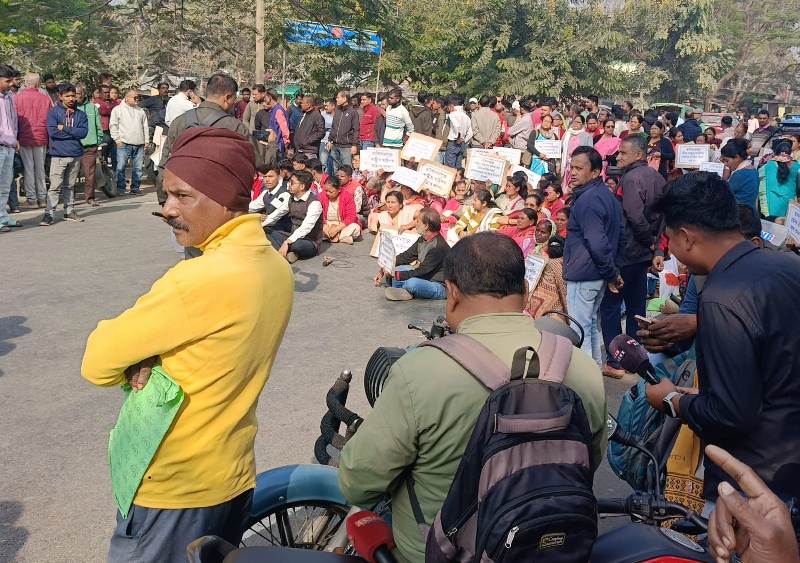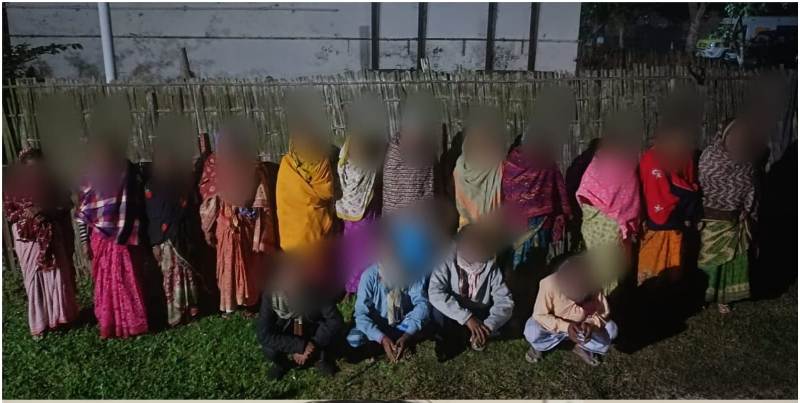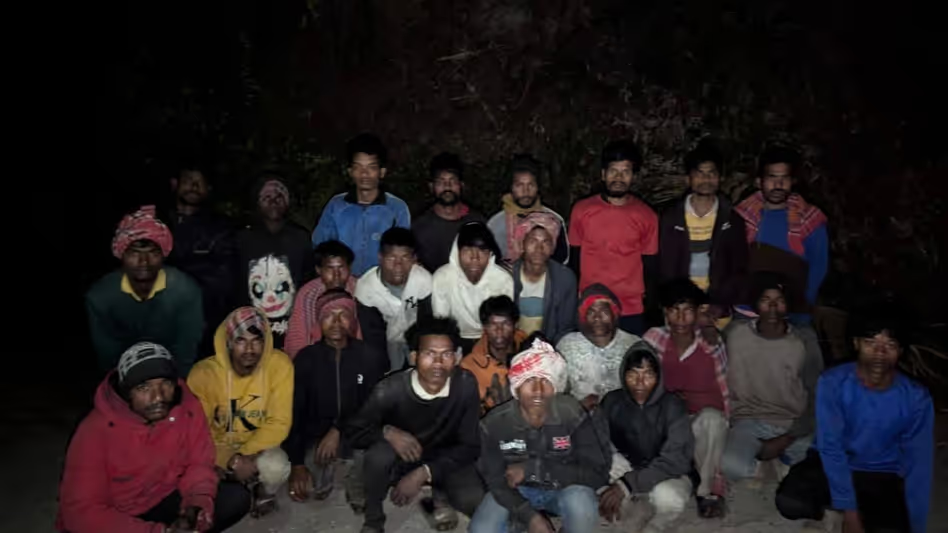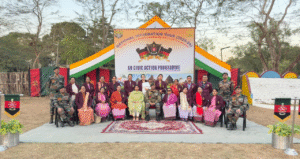“In the age of digital revolution, India faces a complex transformation in information dissemination, with social media and digital platforms overtaking traditional newspapers amid high production costs and declining readership. Anchored in the constitutional right to information under Article 19, the government has introduced landmark policies like the 2023 Digital Advertisement Policy and the IT Rules 2021 to integrate digital media while ensuring accountability and transparency. However, the rise of AI-generated misinformation and fake news presents a grave challenge to democratic trust and information integrity. Global frameworks from Germany, the EU, and Singapore offer varied models of regulation, highlighting the need for India to carefully balance freedom of expression with curbing falsehoods. States such as Karnataka and Kerala have pioneered digital advertising guidelines and self-regulatory grievance mechanisms as valuable models. The path forward requires establishing an independent Digital Media Regulatory Authority, tiered platform responsibilities, expanded fact-checking in regional languages, enhanced digital literacy, AI-supported content moderation, and robust financial support for credible digital outlets. Crucially, these mechanisms must embed due process and safeguards against political misuse to preserve democratic freedoms while combating misinformation effectively. India’s proactive response will be vital to safeguard the right to accurate information and uphold democracy in the digital era.”




